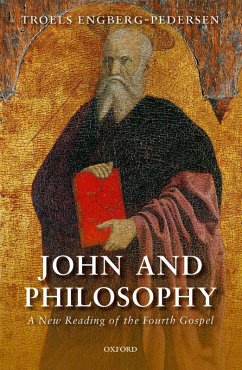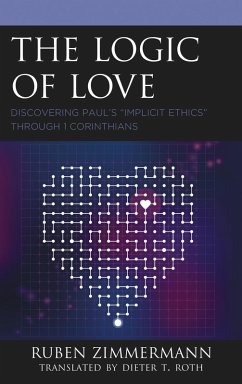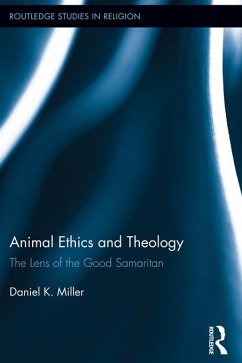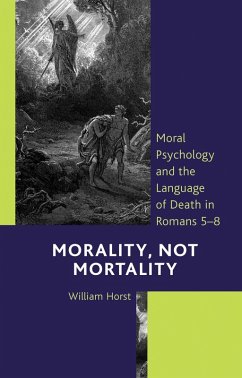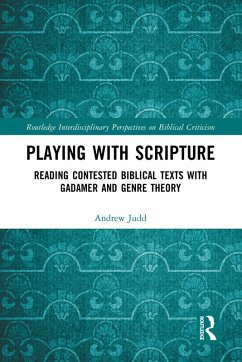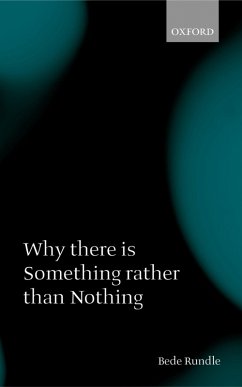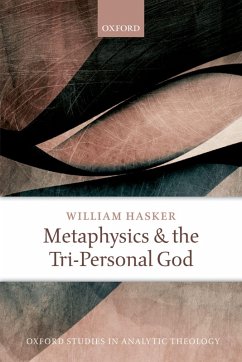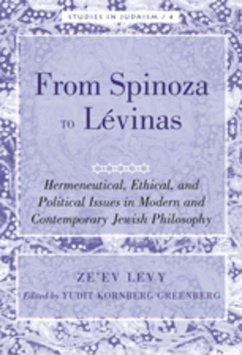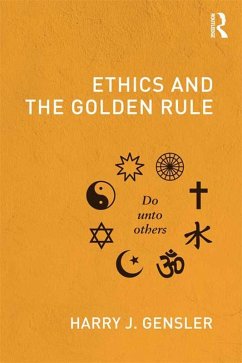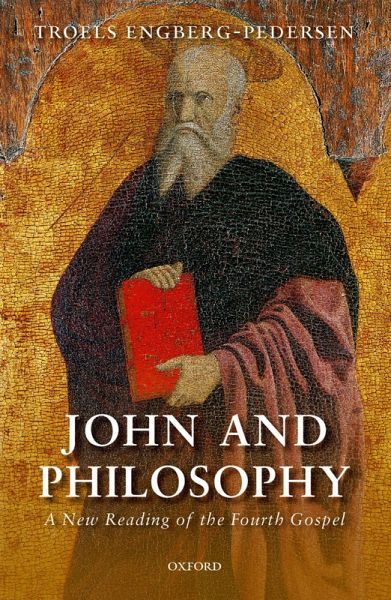
John and Philosophy (eBook, PDF)
A New Reading of the Fourth Gospel
Versandkostenfrei!
Sofort per Download lieferbar
17,95 €
inkl. MwSt.
Weitere Ausgaben:

PAYBACK Punkte
9 °P sammeln!
John and Philosophy: A New Reading of the Fourth Gospel offers a Stoic reading of the Fourth Gospel, especially its cosmology, epistemology, and ethics. It works through the gospel in narrative sequence providing a 'philosophical narrative reading'. In each section of the gospel Troels Engberg-Pedersen raises discusses philosophical questions. He compares John with Paul (in philosophy) and Mark (in narrative) to offer a new reading of the transmitted text of the Fourth Gospel. Of these two profiles, the narrative one is strongly influenced by the literary critical paradigm. Moreover, by attend...
John and Philosophy: A New Reading of the Fourth Gospel offers a Stoic reading of the Fourth Gospel, especially its cosmology, epistemology, and ethics. It works through the gospel in narrative sequence providing a 'philosophical narrative reading'. In each section of the gospel Troels Engberg-Pedersen raises discusses philosophical questions. He compares John with Paul (in philosophy) and Mark (in narrative) to offer a new reading of the transmitted text of the Fourth Gospel. Of these two profiles, the narrative one is strongly influenced by the literary critical paradigm. Moreover, by attending carefully to a number of narratological features, one may come to see that the transmitted text in fact hangs together much more coherently than scholarship has been willing to see. The other profile is specifically philosophical. Scholarship has been well aware that the Fourth Gospel has what one might call a philosophical dimension. Engberg-Pedersen shows that throughout the Gospel contemporary Stoicism, works better to illuminate the text. This pertains to the basic cosmology (and cosmogony) that is reflected in the text, to the epistemology that underlies a central theme in it regarding different types of belief in Jesus, to the ethics that is introduced fairly late in the text when Jesus describes how the disciples should live once he has himself gone away from them, and more.
Dieser Download kann aus rechtlichen Gründen nur mit Rechnungsadresse in A, B, BG, CY, CZ, D, DK, EW, E, FIN, F, GR, HR, H, IRL, I, LT, L, LR, M, NL, PL, P, R, S, SLO, SK ausgeliefert werden.




